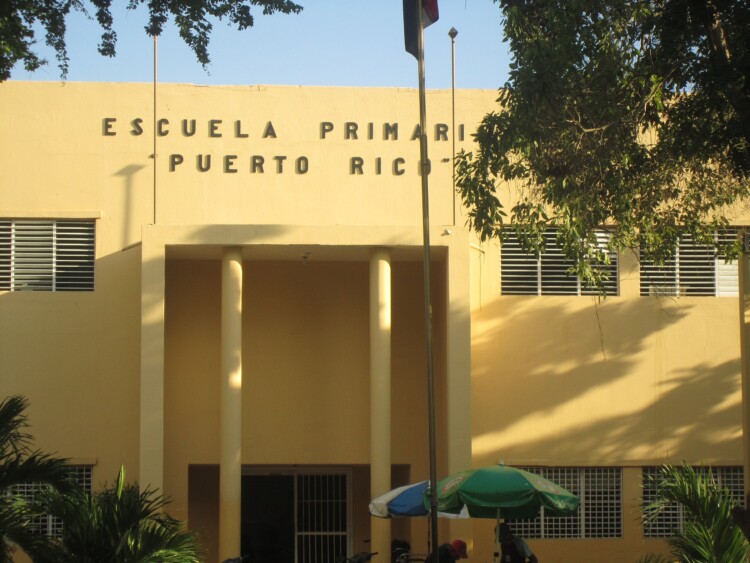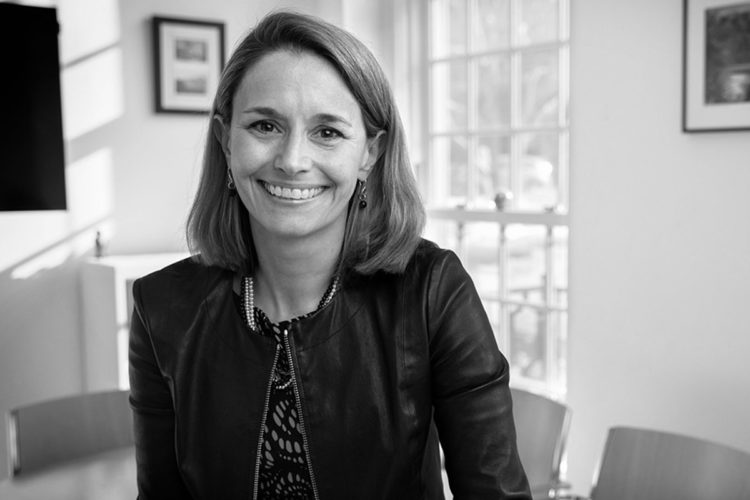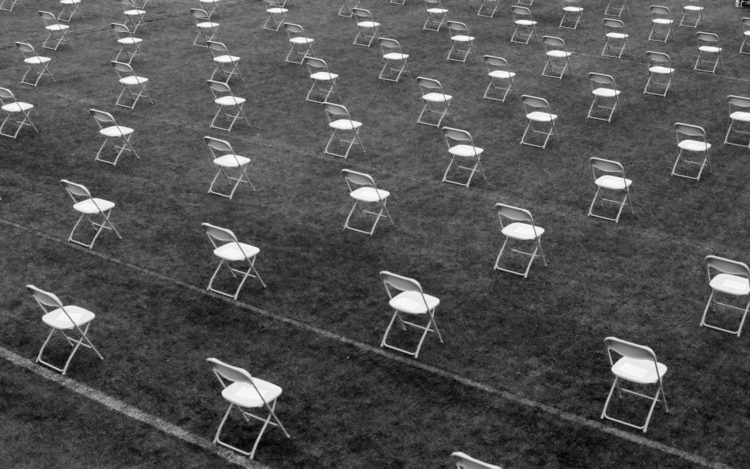At UC-Berkeley, where I trained in clinical-community psychology and have served as a professor for almost two decades, our recent strategic plan framed our public mission as:
How do we as faculty take up this charge? One avenue for pursuing our public mission is through academic–community partnerships. An essential mechanism for the co-production, implementation, and dissemination of relevant research of public and societal importance, community-partnered scholarship complements other paths to public impact, such as laboratory or theoretical discoveries that are later applied to health and social breakthroughs, as well as other forms of public scholarship that illuminate broad social or ethical challenges.
Still, a growing literature notes how university cultures, infrastructures, and reward systems—especially at Research 1 (R1) universities—can impede careers in community-partnered research and action (Ellison & Eatman, 2008; Harkavay & Hartley, 2012; Sandmann et al., 2008; Welch & Saltmarsh, 2013). Indeed, while Berkeley’s public mission is strongly articulated, institutional conditions and incentives are often not aligned with the work of community-partnered scholarship, thereby posing obstacles to faculty who pursue this route, particularly when it comes to promotion, tenure, and merit advancement.
A growing literature notes how university cultures, infrastructures, and reward systems—especially at Research 1 (R1) universities—can impede careers in community-partnered research and action
But community-partnered scholarship can thrive when institutional contexts respond in ways that correct misalignments, and faculty can more fully engage in this important work when it is recognized and given adequate support. Here, I share the story of our ongoing efforts at Berkeley to promote and achieve institutional changes that increase the value and recognition of community-partnered scholarship in faculty evaluation and advancement.
Locating a lever for change
In spring 2020, our community partnership with the San Francisco United School District was awarded an Institutional Challenge Grant to conduct research on addressing chronic absenteeism, to build the capacity of the district to use research evidence, and to advance a plan for changing our institution to better incentivize and encourage faculty participation in partnerships like ours. We engaged in intensive conversations with faculty and former academic personnel leaders. Like other schools in the UC system, Berkeley has a powerful centralized faculty committee (informally called the Budget Committee), which represents diverse disciplines and reviews faculty evaluation cases after departmental and committee review. This committee relies, in part, on evaluations from earlier levels of review, and for cases of tenure and promotion, on extramural letters. We learned about two major precedents for changes in the interpretation of faculty evaluation criteria that would inform our proposed plan for institutional change: (a) 2015 system-wide changes in the faculty evaluation criteria to recognize contributions to equity and diversity in research, teaching, and service, and (b) 2013 Berkeley guidelines for evaluating creative activity in the arts to address the mismatch with traditional peer-reviewed publications.
From plans to commitments
Our proposal drew on our (with Berkeley co-PI Susan Stone) experiences as longtime faculty members and experienced partners, but to the extent that our plan for institutional change was feasible and convincing, our active participation in campus-wide strategic planning and leadership initiatives as far back as 2016 was particularly formative. In the years leading up to our applying for the Institutional Challenge Grant, we successfully competed in a highly selective campus-wide seed funding initiative by the Berkeley Vice Chancellor for Research Office, in addition to participating in working groups to identify signature initiatives for research directions for the Berkeley campus and in a faculty leadership academy tasked with re-envisioning Berkeley’s graduate programs. This engagement strengthened our relationships with campus leaders including department chairs, the Vice Chancellor and Associate Vice Chancellor for Research, and the Provost, and provided us with ripe opportunities to discuss and embed the idea of promoting (and funding) community-partnered scholarship as a key pathway for Berkeley to better fulfill its public mission.
Community-partnered scholarship can thrive when institutional contexts respond in ways that correct misalignments
Whereas campus networking and relationship-building as mid-career faculty set the stage for our institutional change efforts, the spark was lit by the review we received from the Foundation. To paraphrase, we heard: We acknowledge your letters of support from Berkeley administrators and language about the value of community-partnered scholarship, but where is the evidence that Berkeley is genuinely committed to make changes in faculty evaluation? Building on the relationships we had nurtured and the shared understanding of our public mission, we reached out to the Associate Vice Chancellor for Research and the Deans who were supporting our application to see how their commitments could be strengthened. Associate Vice Chancellor for Research Linda Haverty Rugg brokered a meeting with several Deans, as well as the Chairs of the Academic Senate and the Budget Committee to confirm what commitments could be made while respecting our strong faculty governance structure for faculty evaluation. Remarkably, within a week, the Budget Committee Chair provided a memo that provided the substance of what would become guidelines for stronger crediting community-engaged scholarship in faculty evaluation decisions, noting that departments did an uneven job of making strong cases for their faculty with community-engaged portfolios.
In January 2021, nearly a year after receiving our award letter, our institutional change efforts achieved a meaningful win. The Vice Provost for the Faculty shared the new guidelines on the website that guides the assessment of faculty research and later disseminated a memo urging all campus deans to read the updated language. The guidelines make community-engaged research more visible in our faculty evaluation process and provide specific guidance to deans, department chairs, and faculty about how to credit non-peer reviewed products of community-engaged scholarship as scholarship rather than as service.
Advancing change
During the first year of our grant, while working with our district partners–led by Dr. Norma Ming and Devin Corrigan–in our shared research and action agenda to address inequities in student engagement and absenteeism, we have also worked to formalize and disseminate the new faculty evaluation guidelines. Our next steps include (a) the development of sample faculty cases that demonstrate how to contextualize and demonstrate the impact of community partnered scholarship, and (b) the adaptation of outside letter processes for threshold (i.e., tenure and promotion) cases to ensure that referees outside Berkeley understand Berkeley’s guidelines. We have also clarified that supplementary outside letters can be provided by non-academics such as community partners to assess the impact of faculty scholarship on policy and practice. In a working group convened by UCLA leaders as part of the Research University Civic Engagement Network (TRUCEN) we are sharing ideas with other universities also addressing faculty evaluation challenges for community-partnered scholarship. At Berkeley, we are simultaneously engaged in advocating for stronger institutional memory strategies and potential changes in other “pain point” domains for community-partnered scholarship such as IRB processes, data-sharing, seed funding, and administrative agreements, to address challenges that take time and energy, cause delays, and can undermine the trust and feasibility of academic-community partnerships.
Thus far, we have been gratified by the openness to feedback among the leaders of those campus domains. One big picture challenge we are actively considering is the sustainability of our efforts, especially as Berkeley does not currently have a campus-level center or administrative leadership position focused on community-partnered scholarship; rather, our primary campus community engagement efforts are focused on the embedding of service learning in the undergraduate curriculum and is led by the Public Service Center. Finally, we are engaging in strategic analysis to envision who will continue this iterative scholarship-focused work for the long term, how to institutionalize it within existing roles, routines, and power structures at Berkeley, and how it will be supported.
Author’s Note: For further social-ecological analysis of the Berkeley institutional change story, as well as consideration of UC-Santa Cruz, please see Ozer, Langhout, & Weinstein in press in The American Psychologist special issue on public psychology. We gratefully acknowledge the contributions of our SFUSD partners, our RPP core members Dr. Marieka Schotland, ED of Innovations for Youth (I4Y) and Brian Villa, MPH/MSW and the Faculty Steering Committee, Berkeley Vice Chancellor for Research Office, and Berkeley Deans Michael Lu (Public Health), Prudence Carter (Education), and Linda Burton (Social Welfare).
Learn more about the Institutional Challenge Grant program >







